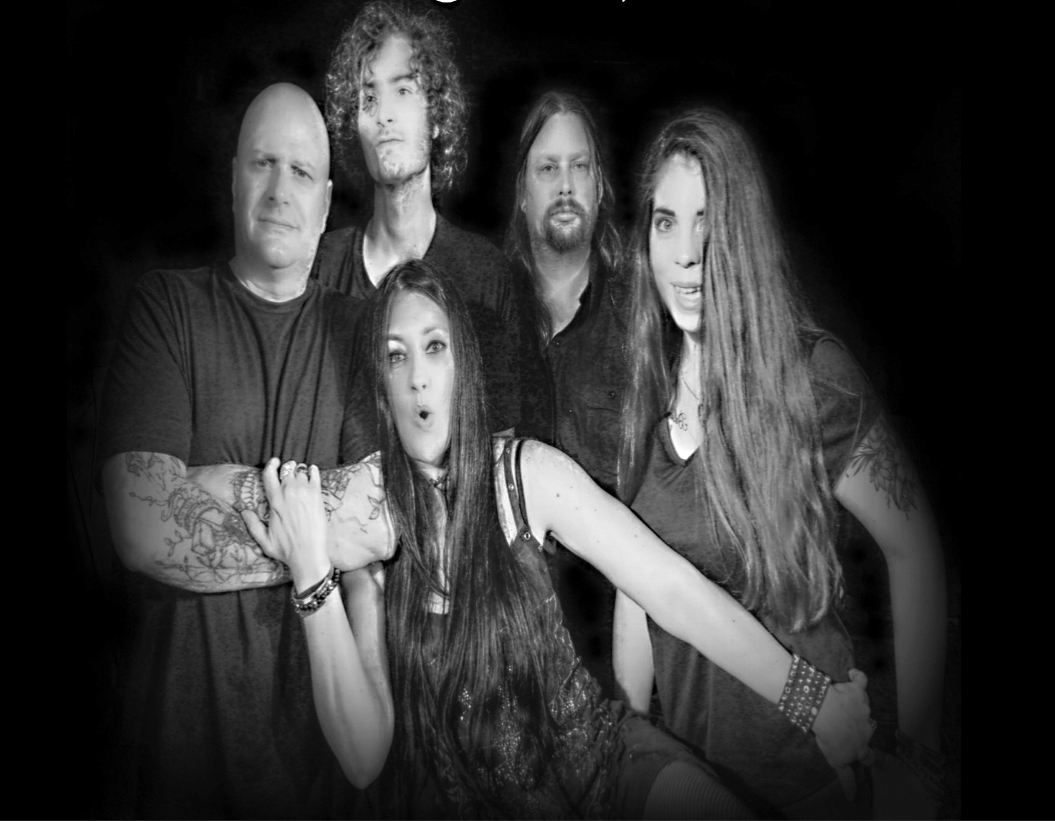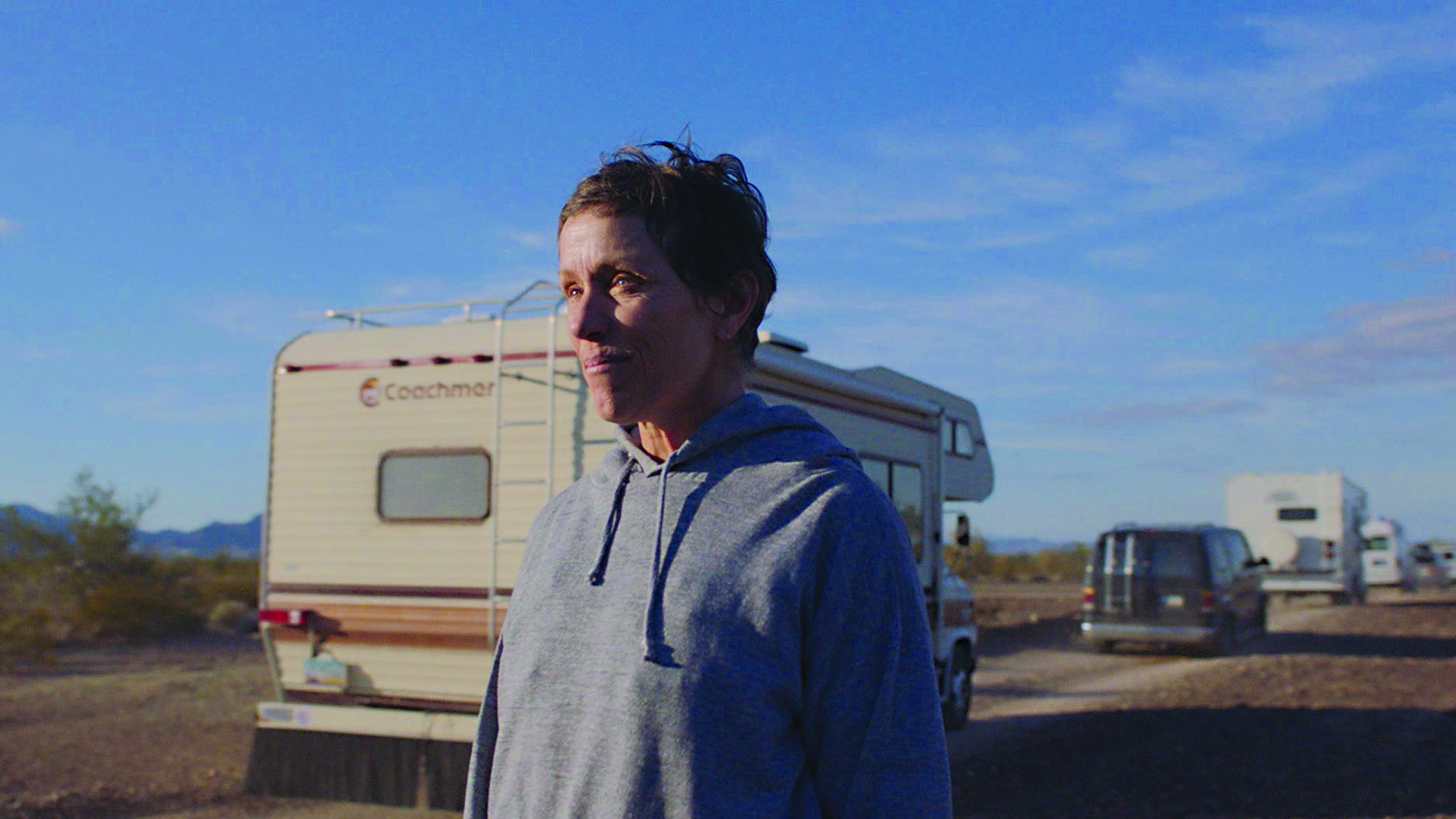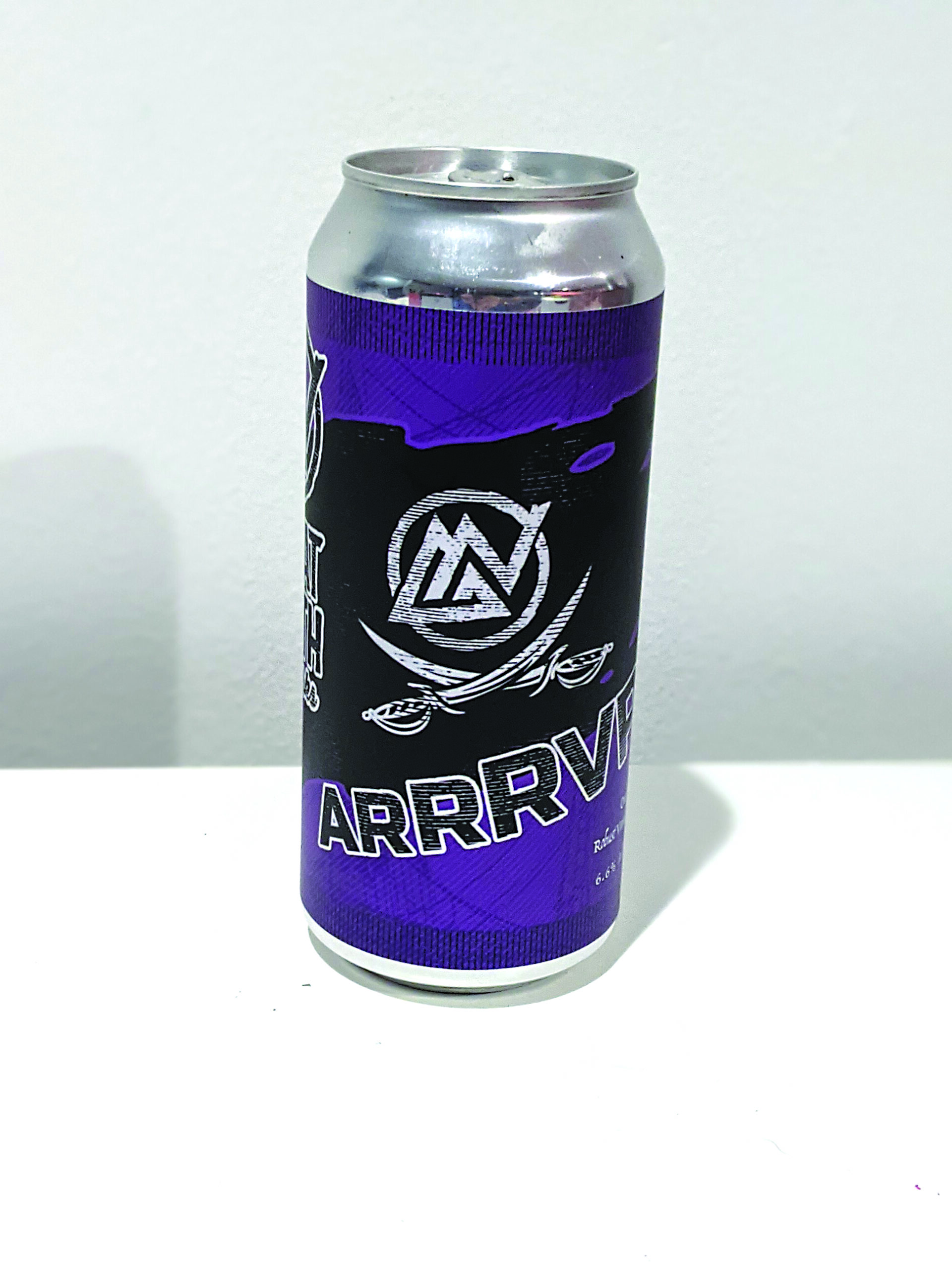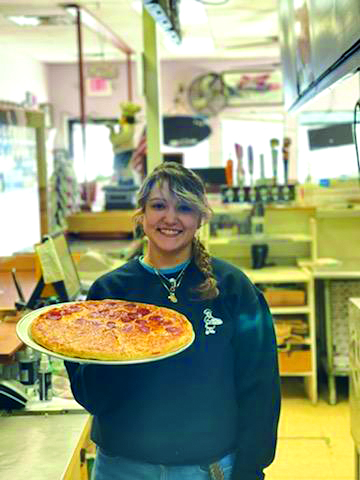| Covid-19 update | As of February 22 | As of March 1 |
|---|---|---|
| Total cases statewide | 73,665 | 75,588 |
| Total current infections statewide | 2,883 | 2,363 |
| Total deaths statewide | 1,154 | 1,170 |
| New cases | 2,648 (Feb. 16 – 22) | 1,923 (Feb. 23 to March 1) |
| Current infections: Hillsborough County | 807 | 692 |
| Current infections: Merrimack County | 232 | 163 |
| Current infections: Rockingham County | 650 | 533 |
Covid-19 news
During the state’s weekly public health update on Feb. 25, state epidemiologist Dr. Benjamin Chan reported that 97 people statewide were hospitalized with Covid-19, the first time that number has dipped below 100 since mid-November. Test positivity rates of the virus also continue to be on the decline in recent months, as well as active infections and deaths.
State health officials expect to receive their first supply of the single-dose Johnson & Johnson Janssen Biotech vaccine this week, which received emergency use authorization by the Food & Drug Administration on Feb. 27. According to a report from WMUR, the Johnson & Johnson vaccine only requires one dose, and it can be stored at refrigerated temperatures as opposed to being kept in a freezer, which will make it easier to transport and distribute. About 288,000 doses of vaccine had been administered in New Hampshire as of Feb. 25, according to Dr. Beth Daly, Chief of the Bureau of Infectious Disease Control of the New Hampshire Department of Health & Human Services. This includes 197,000 people who have received their first dose and an additional 91,000 who have received their second dose. “This means that about 15 percent of New Hampshire’s population has received one dose of vaccine, and seven percent of the population has been fully vaccinated,” Daly said during the press conference.
On Tuesday, Gov. Chris Sununu announced in a press release that the state will host a mass vaccination event this weekend, on Friday, March 6, Saturday, March 7, and Sunday, March 8, at the New Hampshire Motor Speedway in Loudon. However, the site is not open to walk-in appointments; instead people who have appointments scheduled for first-dose appointments in April will be contacted by the state and offered an appointment. The state hopes to vaccinate more than 10,000 people at the event, the release said.
Also last week, Gov. Chris Sununu joined 21 governors from across the country to send a message to Washington politicians that the $1.9 trillion Covid relief bill would bail out poorly managed states at the expense of taxpayers in better-managed states like New Hampshire, according to a press release. Unlike previous relief bills, the new federal funding package allocates aid based on a state’s unemployed population, rather than just its population, which would mean that New Hampshire would lose over $233 million using this formula, the release said.
Housing help
During the Feb. 25 press conference, Gov. Chris Sununu announced a new rental assistance program through the Governor’s Office for Emergency Relief and Recovery for Granite Staters who have experienced difficulty paying their rent and utilities due to the pandemic. The program is being administered by New Hampshire Housing Finance Authority, which will begin accepting and processing applications on March 15. “This assistance will be available retroactively, which means that it can help cover rent going all the way back from April 1 of last year through the date of application,” said Sununu, adding that the program is only eligible for renters and landlords, not for homeowners. “It really helps landlords and those that have to bear the brunt of the inability of those individuals to collect rent.”
Then on Monday, the New Hampshire Housing Finance Authority announced that it has launched a new initiative to help essential frontline workers become homeowners. According to a press release, the Community Heroes Initiative provides a $3,000 closing-cost credit to eligible first-time homebuyers who finance through one of New Hampshire Housing’s Plus mortgage programs. The $3,000 grant goes directly to the lender, and the borrower does not need to repay it. Borrowers who are eligible for the program include health care, day care and elder care workers; law enforcement officers, firefighters and first responders; educators; and active members of the armed services, according to the release.
Bills wrapped up
The New Hampshire House of Representatives acted on more than 100 pieces of legislation over the course of two days last week, according to a press release. The House met indoors at NH Sportsplex in Bedford, and legislators were seated 10 feet apart from one another. “I’m pleased that the House was able to get its work done on time in the midst of a pandemic,” House Speaker Sherman Packard said in the release. “We can get our work done in a risk-mitigated manner.” The House will have to meet again before April deadlines, according to the release. According to a report from WMUR, 24 Democrats were absent from the sessions, “many of them suffering from health conditions that put them at high risk for Covid-19.” Though a lawsuit was filed against Packard claiming that in-person sessions would put people at risk and that remote sessions should be held instead, the U.S. District Court ruled that Packard did not have to use remote technology for the House sessions.
DCYF roadmap
The New Hampshire Department of Health and Human Services Division for Children, Youth and Families has released its inaugural Procurement Forecast, according to a press release. The Procurement Forecast is a summary of the results of the Request for Information that was issued in 2019, and its purpose is to provide a roadmap for the expansion of evidence-based prevention services aimed at keeping kids safe and strengthening families. According to the release, DCYF will be working with other Health and Human Services divisions to introduce new service models that will focus on keeping children at home with their families. The first request for proposals is for multisystemic therapy, which provides support for youth with behavioral health needs that put them at risk of entering out-of-home care. Studies have shown that 91 percent of youth who take part in multisystemic therapy remain home upon completion of the program, and 86 percent remain in school and employed, the release said.
On Monday the Daniel Webster Council announced that New Hampshire has its first female Eagle Scout. According to a press release, Valerie Ann Johnston of Thornton is also one of the first female Eagle Scouts in the nation. Eagle Scout is the highest rank in Scouting, and only about 6 percent of Scouts earn the achievement, the release said.
Kumon Learning Center, with locations in Bedford, Nashua and Portsmouth, will be joining New Hampshire’s exclusive Learn Everywhere Program, according to a press release from the New Hampshire Department of Education. Learn Everywhere allows students to earn credit for learning outside of the classroom, and Kumon Learning Center is now authorized to offer an array of math classes.
The Nashua Public Library reopened with limited service on Monday. According to a press release, customers can now come inside to pick up reserved materials; browse and check out new materials; browse the adult stacks to select books, DVDs, CDs, audiobooks, videogames and magazines (by appointment); use computers and printers (by appointment); and use the tax PC in the lobby to print tax forms. The Children’s Room and Teen Room are still closed, but curbside pickup continues. The building will be open Monday through Thursday from 10 a.m. to 7 p.m. and Saturday from 10 a.m. to 2 p.m.
Last summer’s Drive-In Live, held at the Cheshire Fairgrounds in Swanzey, will return for a second season under the new name of Northlands. According to a press release, artists in the first round of the series will be announced in mid-March, and performances are scheduled to start in May. This year all attendees will be in 10’ x 10’ “pods” that will hold up to six people, and all pods are spaced at least six feet apart. A new beer garden is also being planned, the release said.






